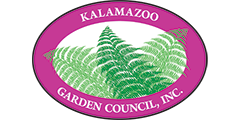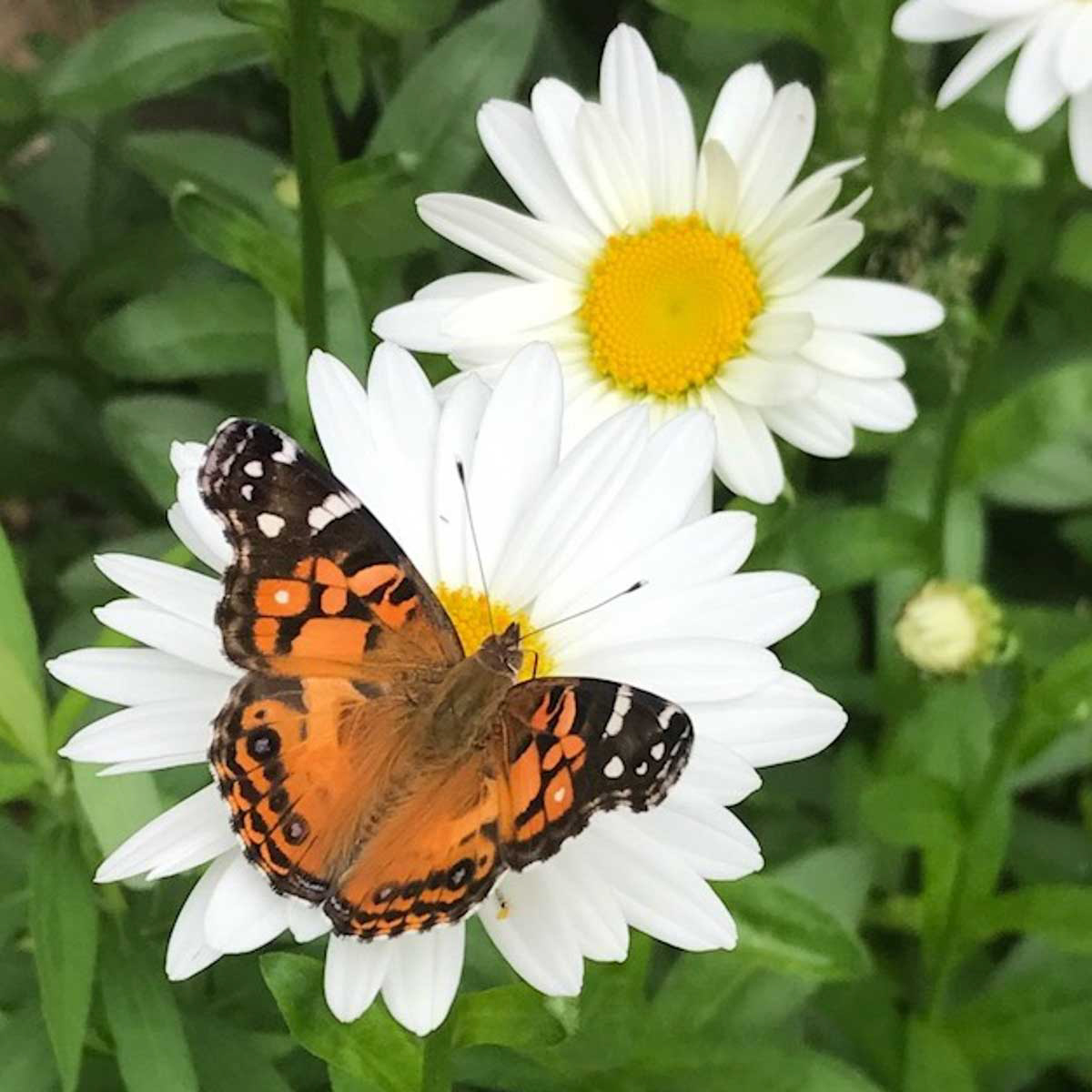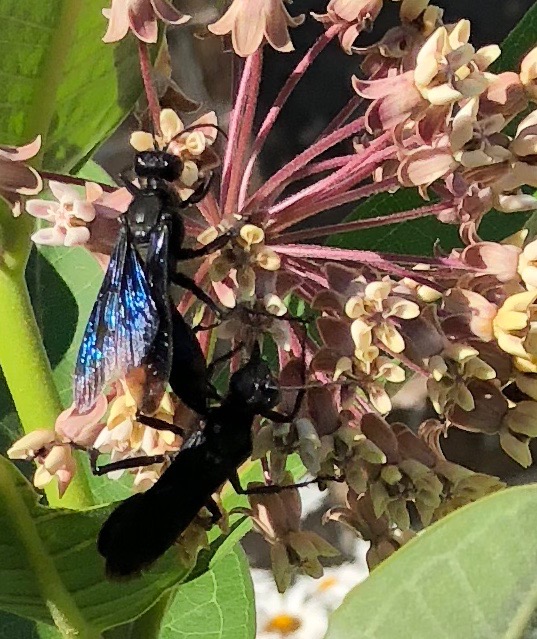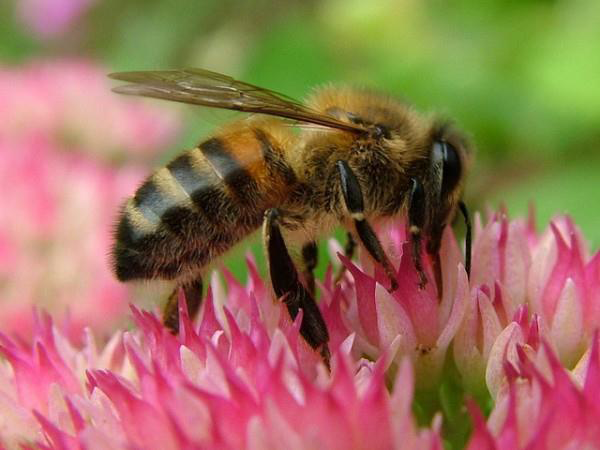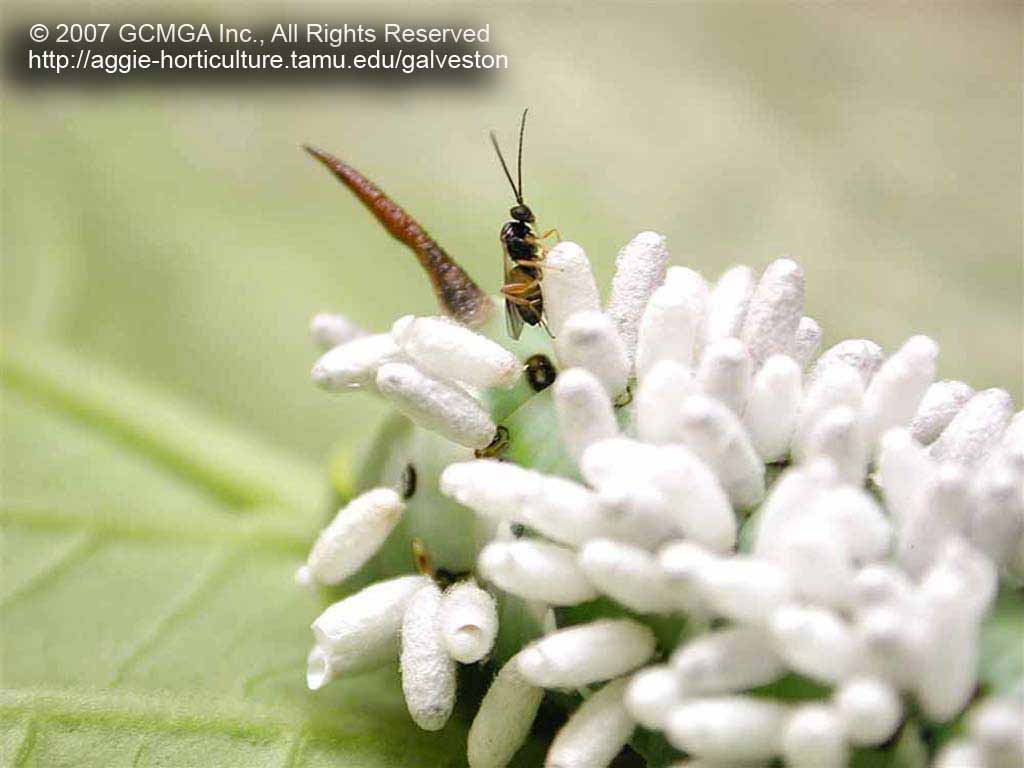What can we do to preserve pollinators?
According to the website http://metroparent.com there are some rather easy actions that we can take to preserve pollinators in our gardens. Stop buying plants pretreated with neonicotinoids. Treated pants are primarily sold at big box stores. These insecticides are sprayed onto seeds and are effective for up to 10 weeks. They were seen as less … Read more
